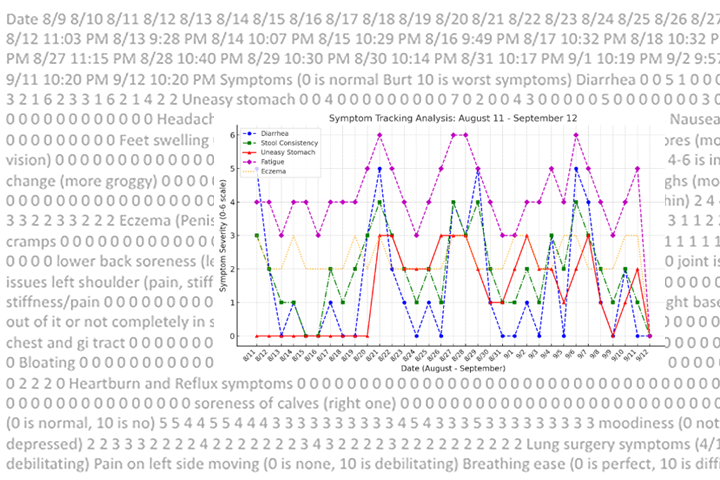Chemoradiation Before Tumor Removal to Lessen Possible Post-Surgical Disease

Can chemotherapy and specialized radiation treatment before surgery on borderline removable pancreatic tumors make future spread of the cancer less likely?
Previous studies have shown that cancer cells are often found at the edges of tissue where the tumor was taken out. These residual cancer cells lead to recurrence and metastases. Researchers are testing whether adding a standard chemotherapy combination before focused radiation will result in no cancer cells in the edges—known as a clear margin—after the tumor is taken out.
Chemotherapy Before Surgery
FOLFIRINOX is one of the standard treatments for advanced pancreatic cancer. It is a four-drug combination: FOL (leucovorin calcium, or folinic acid), F (fluorouracil, or 5-FU), IRIN (irinotecan hydrochloride), OX (oxaliplatin). Each of these drugs enhances the action of the others. Fluorouracil (5-FU) is an antimetabolite that disrupts a specific part of the cell replication cycle. Derived from folic acid, leucovorin enhances the effects of 5-FU. Irinotecan inhibits the replication and transcription of DNA, and so interferes with cell growth. Oxaliplatin, a platinum compound, binds to DNA and blocks DNA replication.
Radiation’s Turn
Stereotactic body radiation therapy (SBRT) uses multiple beams of high-dose radiation that are focused on a specified location in the body. This technique enables the radiation oncologist to kill cancer cells with higher precision and limit the exposure of healthy tissue to radiation. The precise location for the radiation beams is determined using 4-D imaging to map the area that will receive treatment. Metal markers are then implanted to outline the boundaries of that area.
All participants will receive the treatment protocol being studied. Researchers are looking to see if the treatment produces clear margins after surgery; they are also considering the overall response to the treatment.
We encourage you to consult your physicians for clinical trials that may be right for you. The website ClinicalTrials.gov provides more details about this trial as well as many others. You can visit the Let’s Win Trial Finder for a listing of all active pancreatic cancer clinical trials.
This trial was paused during COVID then terminated due to inability to meet accrual.





